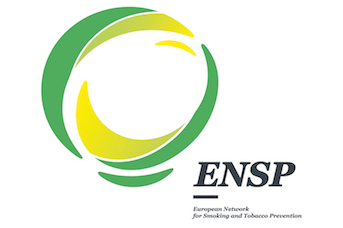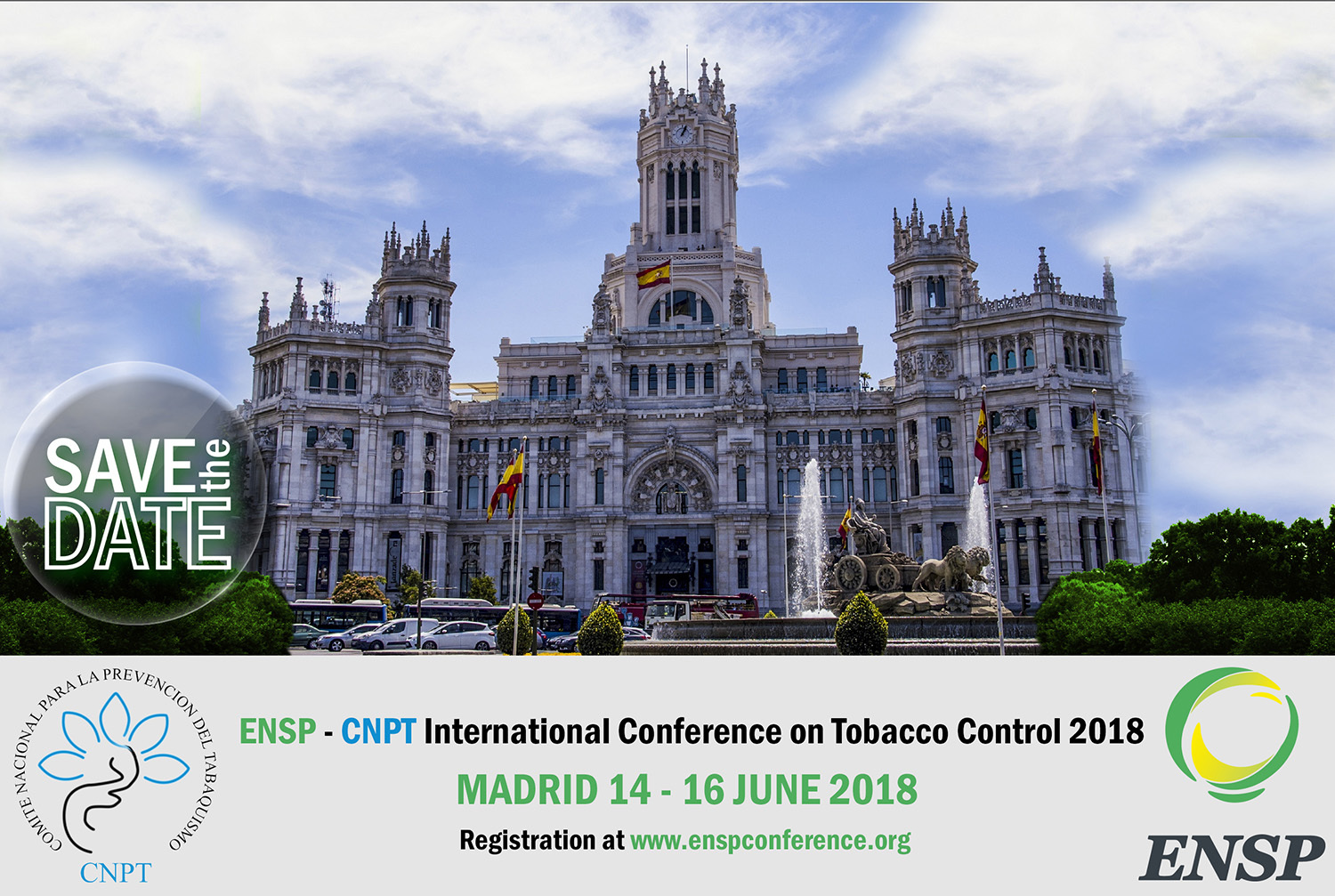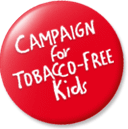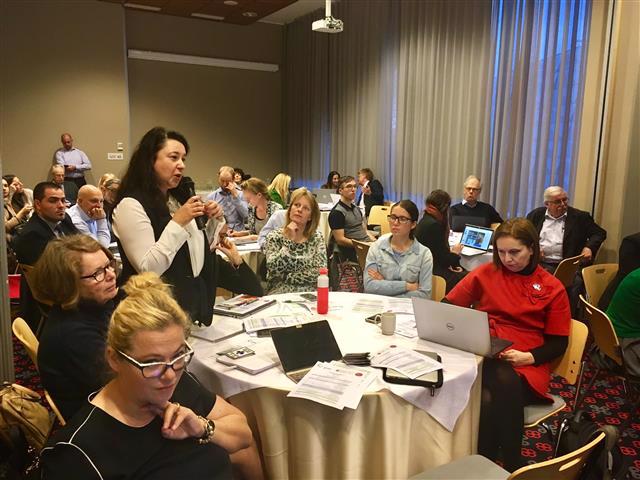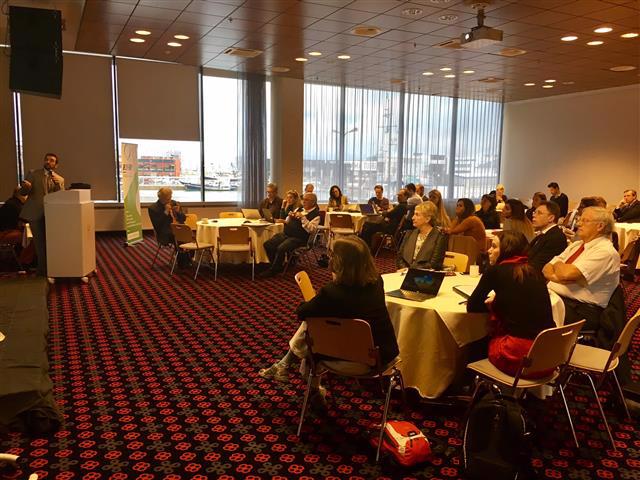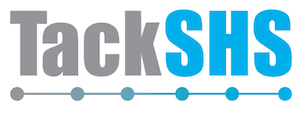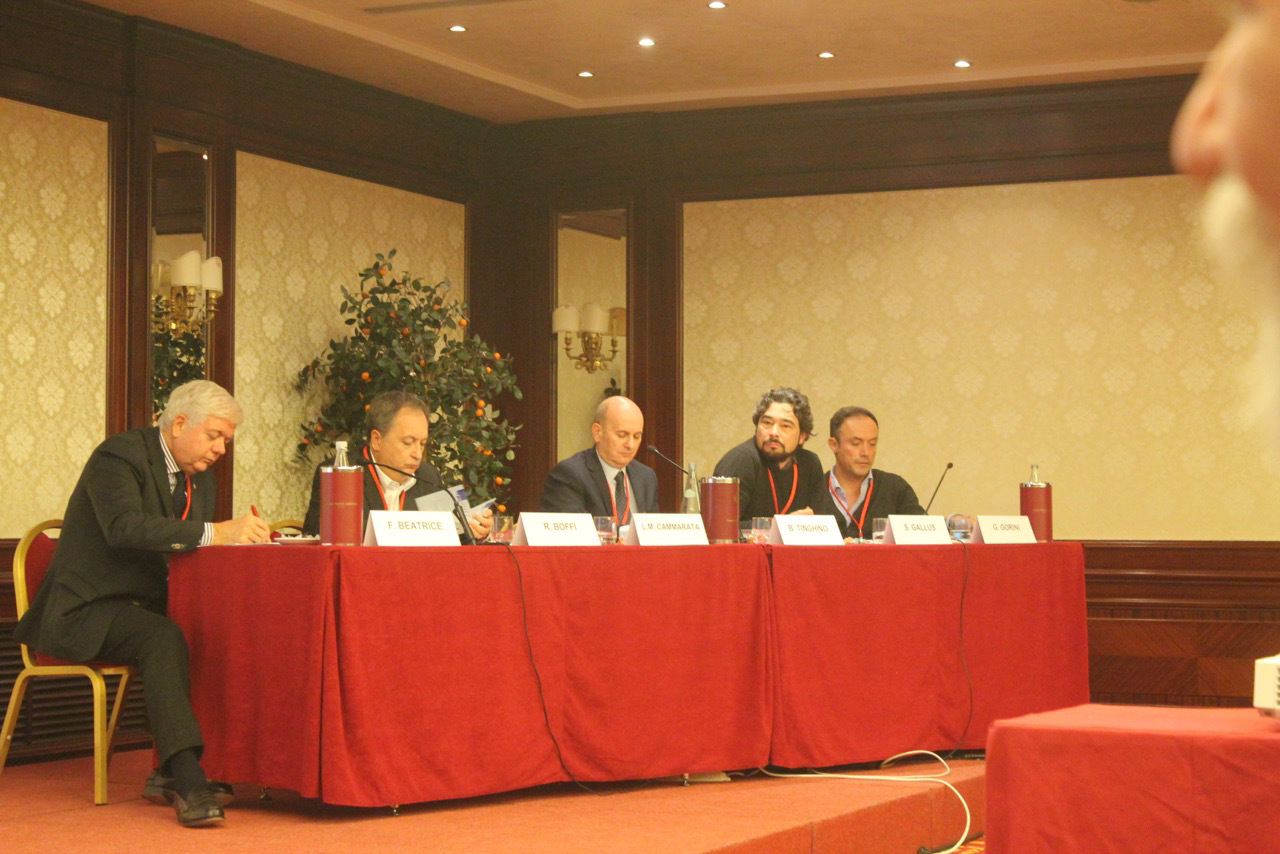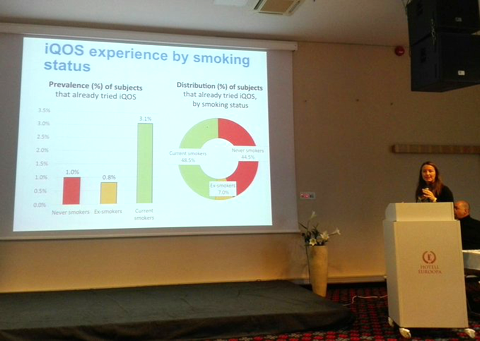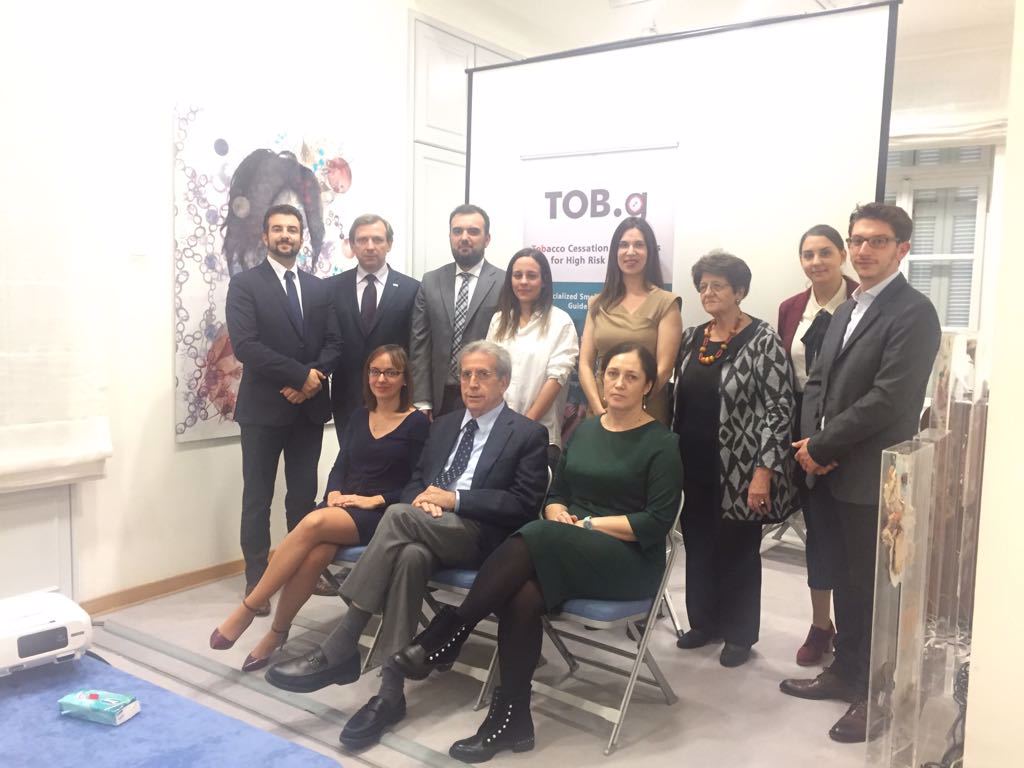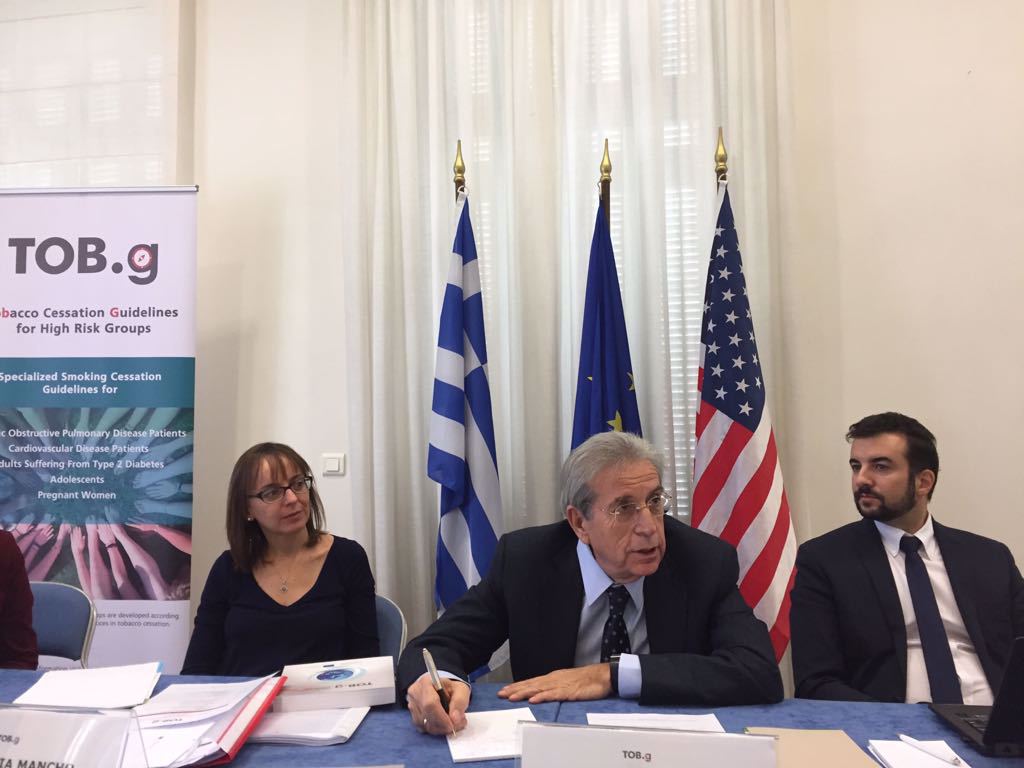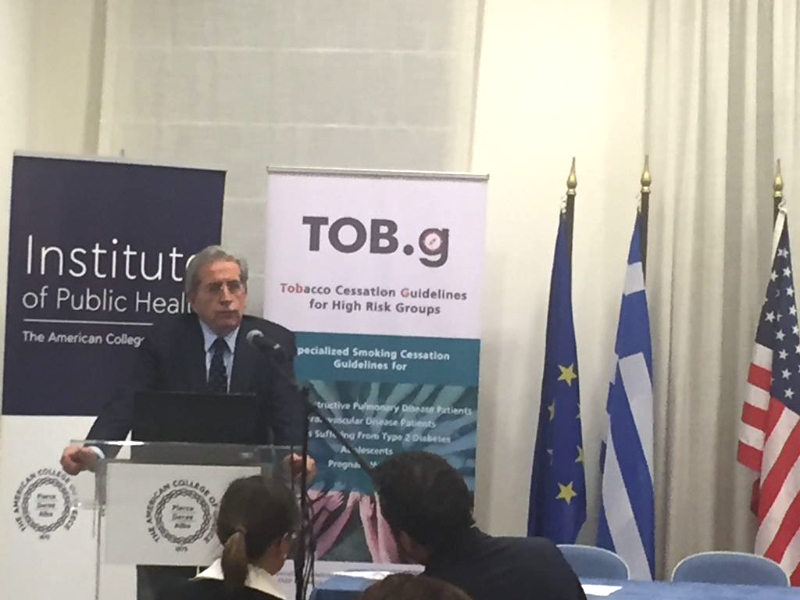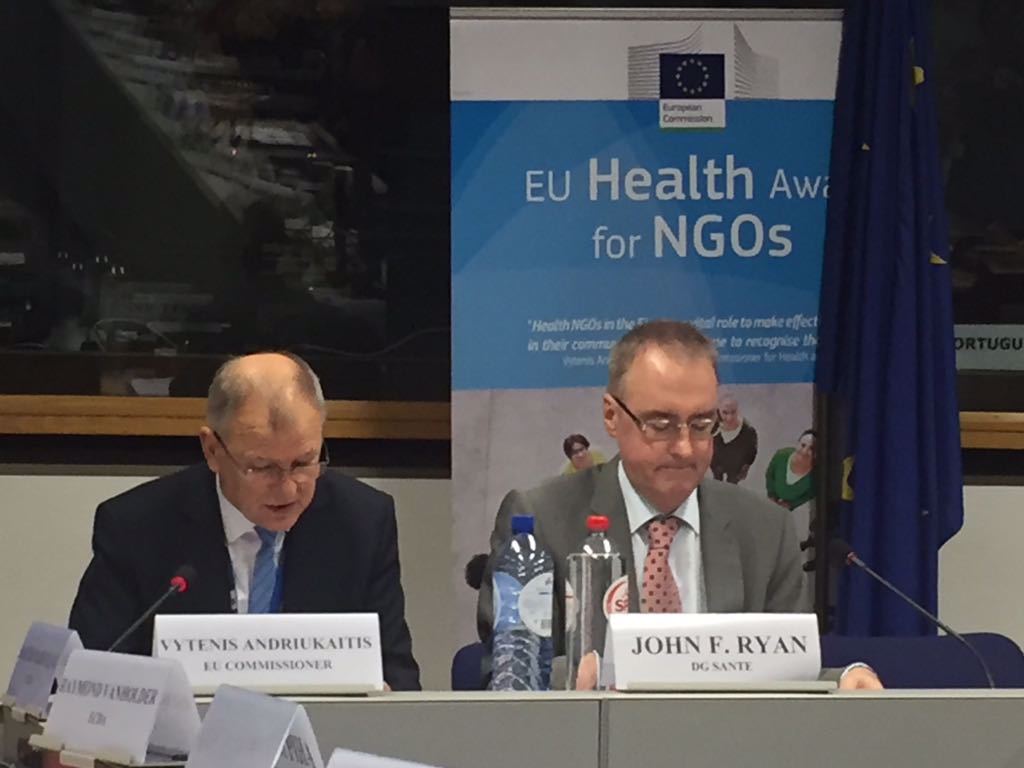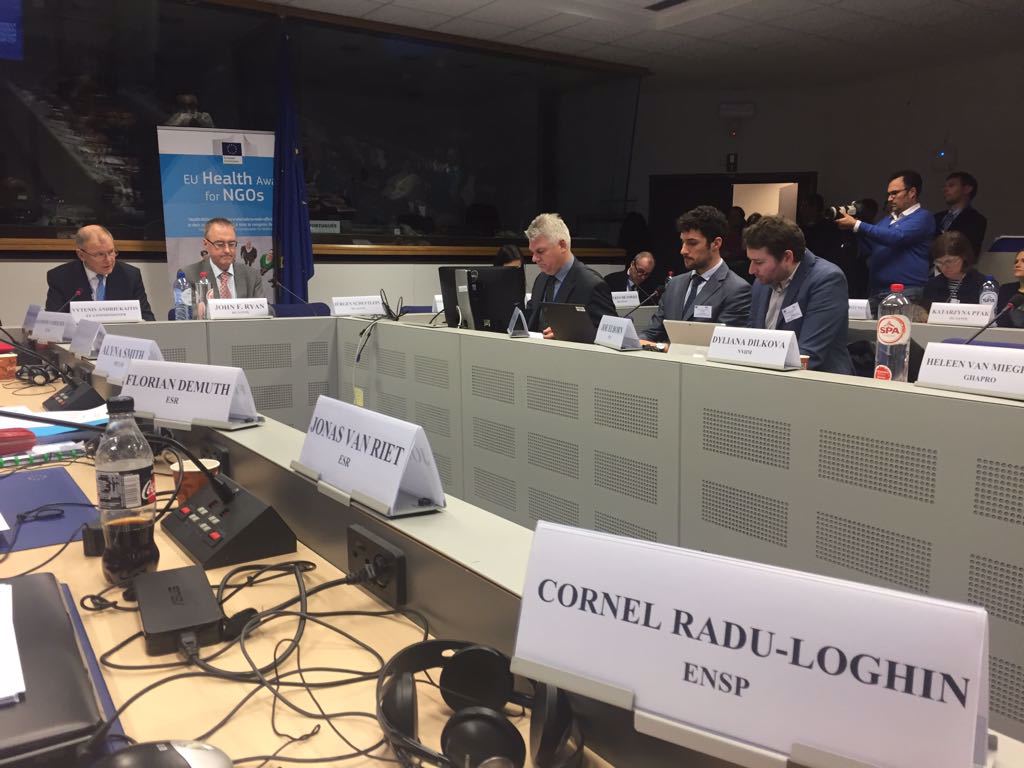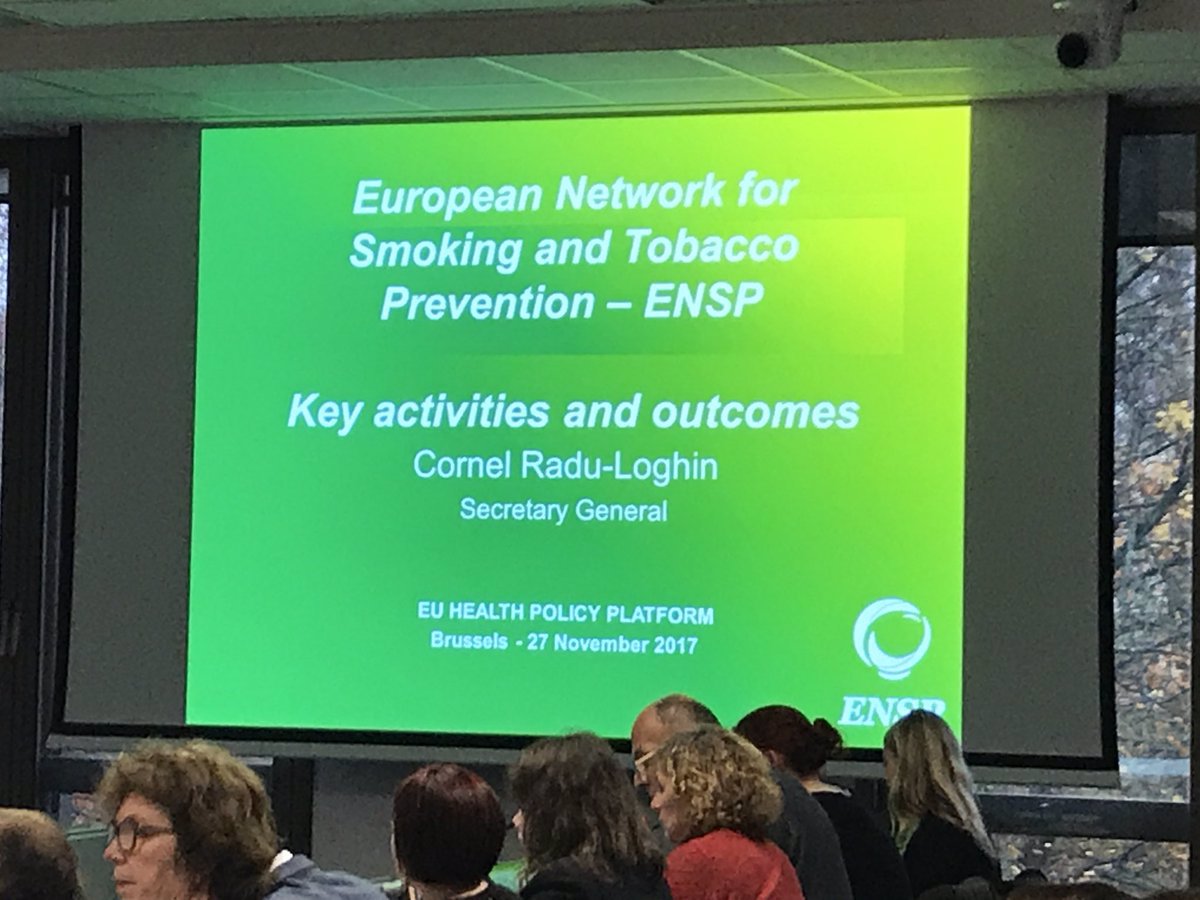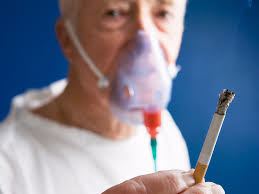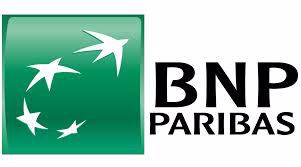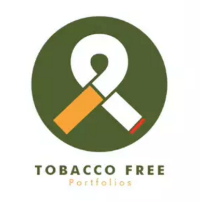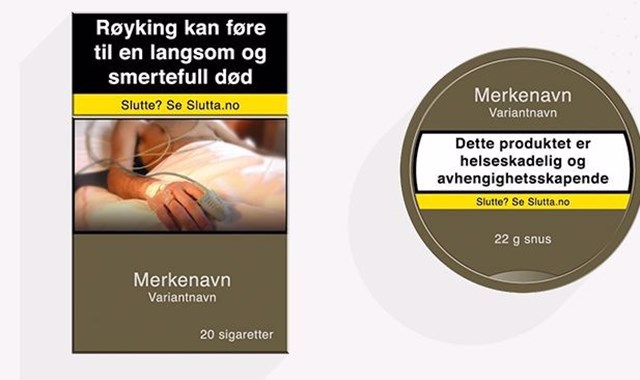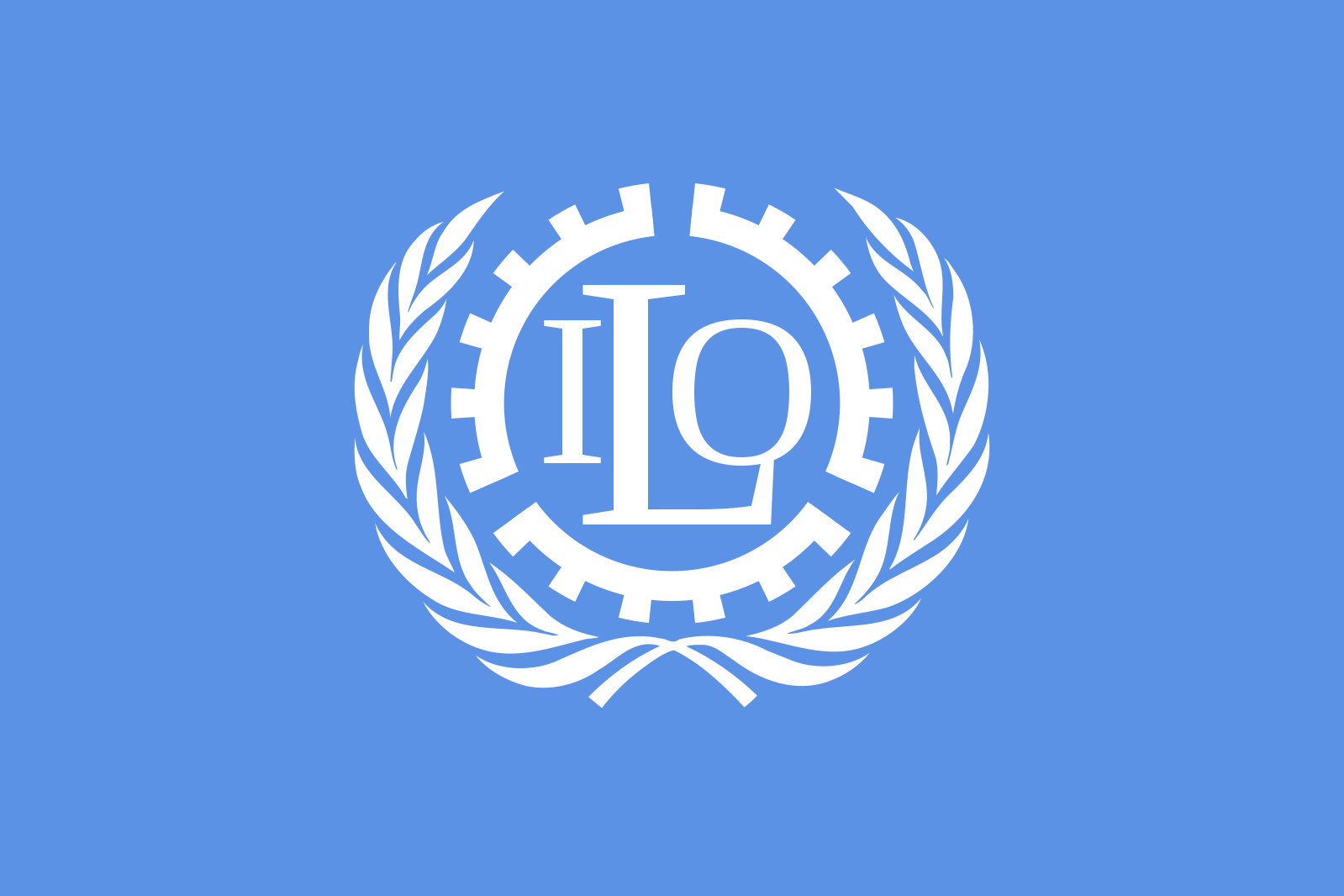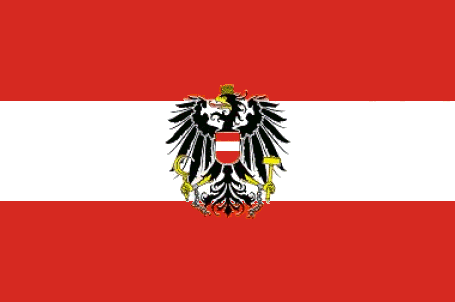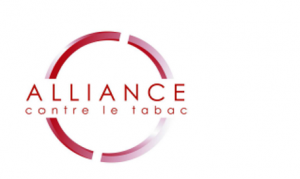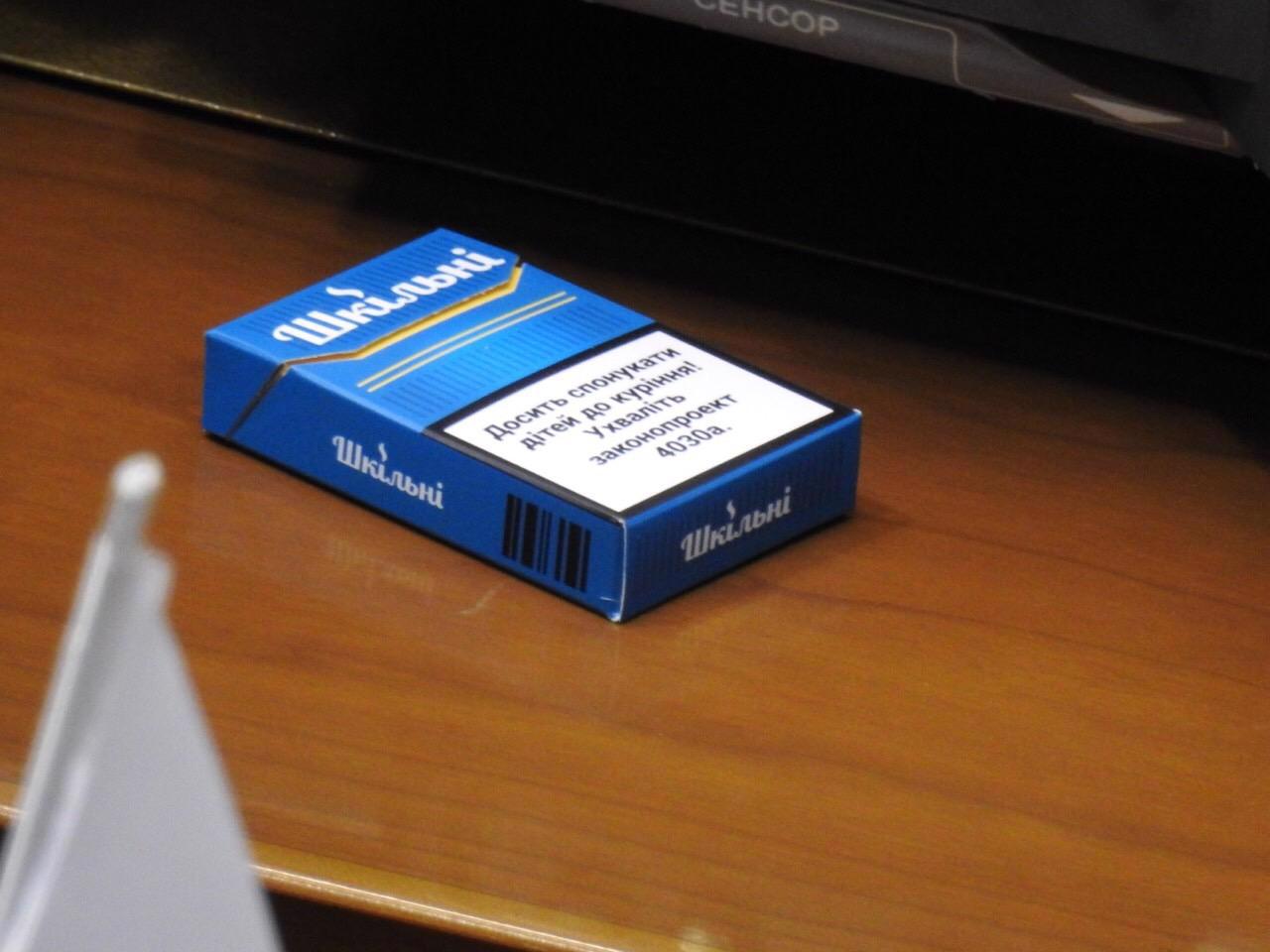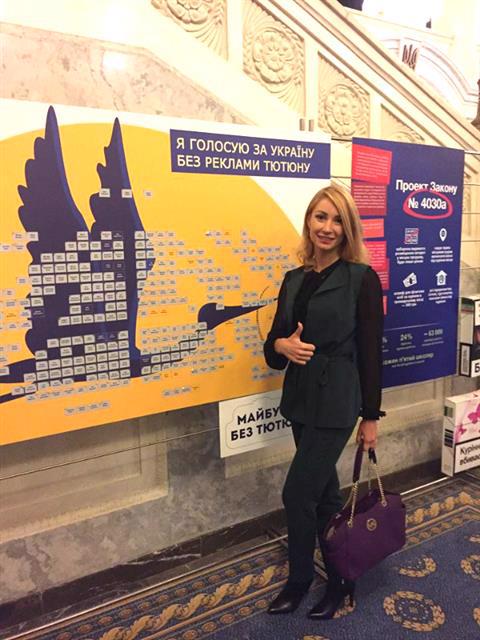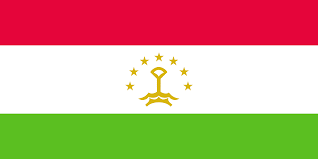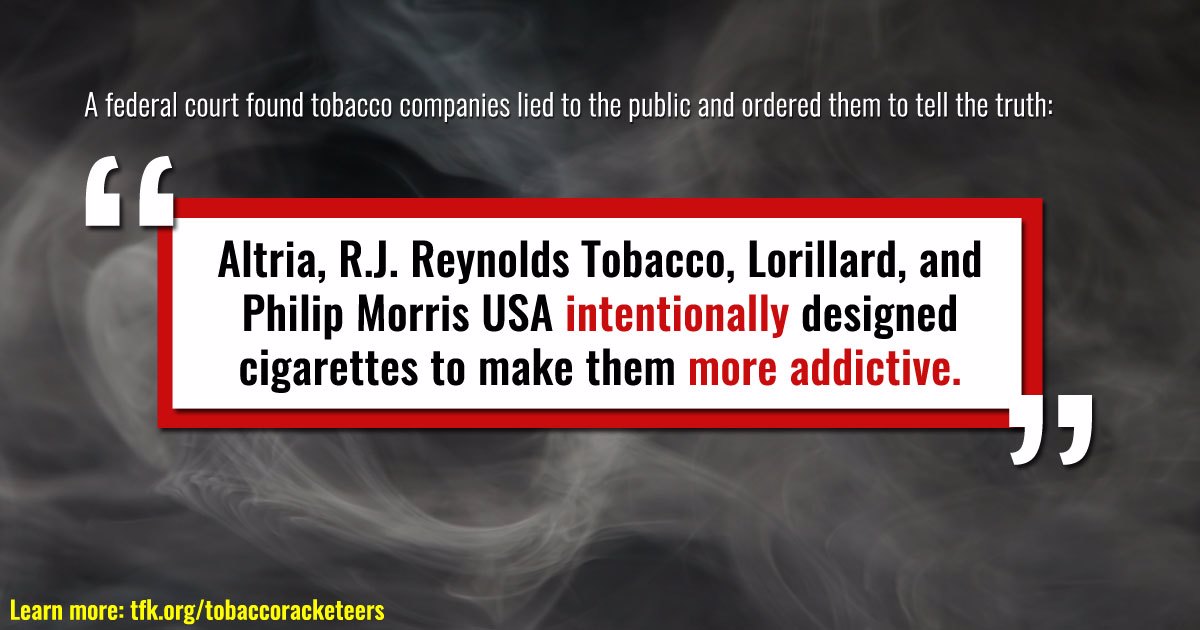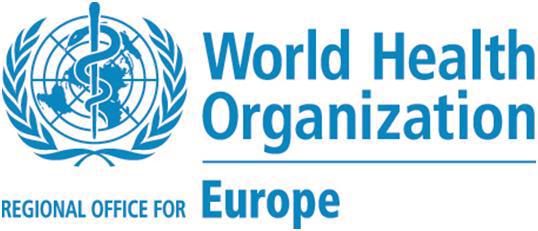|
|
On 14 -16 June 2018 in Madrid, Spain, ENSP together with its Spanish member CNPT is organising the 3rd International Conference on Tobacco Control 2018.
The deadline for submissions has been extended and we look forward to receiving your proposals.
Submit your proposals via the Conference website.
|
|
|
Last year ENSP held its 2nd Annual International Conference on Tobacco Control in Athens, Greece, which gathered around 270 participants and more than 100 scientific abstracts were presented.
The conference hosted interventions by international experts in tobacco control throughout 6 plenaries and 24 parallel sessions and symposia, 8 project meetings and a workshop for health care professionals. Topics included tobacco control and global development goals, tobacco industry interference, implementation of FCTC and TPD, secondhand tobacco smoke and e-cigarettes emissions, NGOs advocacy, tobacco economics, illicit trade, Tobacco dependence treatment and Article 14, tobacco in our societies and the issue of human rights, next steps in tobacco control at global level.
|
|
|
Welcome to our new members
|
|
|
Campaign for Tobacco-Free Kids (CTFK)
For more than 20 years, Campaign for Tobacco-Free Kids has fought to protect children and save lives from the number one cause of preventable death: tobacco use. Their vision is a future free of the death and disease caused by tobacco. Because tobacco has killed enough.
CTFK are the leading advocacy organisation working to reduce tobacco use and its deadly consequences around the world. Through strategic communications and policy advocacy campaigns, they promote the adoption of proven solutions that are most effective at reducing tobacco use and save the most lives.
Read more... |
|
|
|
"ANNA" National Association of Consumers (Armenia)
The National Association of Consumers aims to protect the health of every citizen living in the Republic of Armenia. Its activities include daily legal advice, litigation and participation in trials, independent expertise on goods and services, inspection of trade and household services, consumer information training, and public and media coverage of these issues.
Read more...
|
|
|
|
ENSP Capacity Building took place in Tallinn, Estonia
|
|
|
ENSP Members, partners and local stakeholders from the Baltic region gathered for a Capacity Building Event organised in Tallinn, Estonia on 14-15 November.
The programme opened with the overview of the tobacco control in the Baltic region and presentation from WHO/Europe Programme Manger for Tobacco Control Kristina Mauer-Stender. The plenary sessions were complimented by the workshops on a variety of topics including plain packaging, smoke free environments, taxation and illicit trade.
On the second day a number of international experts shared their knowledge on novel tobacco products and further focused on the topic of industry interference discussing ways to counter its strategies. Campaign for Tobacco-Free Kids organised a "mapping" exercise that would help participants gather intelligence on the tobacco companies in their respective countries, find their strengths and weaknesses in order to plan and implement effective advocacy actions.
ENSP would like to thank once again all the contributors and look forward to seeing you at our future activities! |
|
|
TackSHS is a 4 year research project funded by the European Union’s Horizon 2020 Research and Innovation Programme. TackSHS aims to improve knowledge and understanding of second-hand tobacco smoke and e-cigarette emissions, and find ways of tackling the health burden caused by exposure to these aerosols. |
|
|
|
|
TackSHS partners participate in 2 conferences in November
|
|
|
On 16 November 2017, ENSP member SITAB (Società Italiana di Tabaccologia) organised its annual congress in Bologna, Italy. The TackSHS project was mentioned within the presentations. During that congress, 4 TackSHS members (including Silvano Gallus of IRFMN, Milan; Giuseppe Gorini of ISPO, Florence; Roberto Boffi of INT, Milan; and Francisco Rodriguez Lozano of ENSP) were invited to talk about e-cigarettes, heat-not-burn cigarettes and tobacco control.
|
|
|
On 15 November, during the ENSP Capacity Building Event in Tallinn, Alessandra Lugo, a TackSHS project researcher from Mario Negri Institute of Milan, presented the results of a very interesting and timely study that looks into the case of heat-not-burn products entering the Italian market.
|
|
|
|
|
Tob-G Final Conference in Athens, Greece
|
|
|
The final conference of TOB-G project took place in Athens, Greece on 21-22 November. TOB-G project aimed to develop and implement an innovative and cost effective approach to prevent chronic diseases related to tobacco dependence.
The event opened with the press conference, gathering local journalists and stakeholders. The Conference attracted a lot of media attention and resulted in multiple publications in the following days (the full list of articles is available via this link).
On the second day project partners presented the latest updates for each work package, including project progress, pilot implementation and dissemination activities. The main focus was on the outcomes of TOB-G - t he “Tobacco Cessation Guidelines for High Risk Populations” and the E-learning Course for Health Professionals.
In the evening of 22 November the event was open for healthcare professionals and the wide public interested in the topic. Project partners presented the guidelines and the results of pilot studies.
The specialised guidelines for high risks groups were developed according to ENSP’s evidence based and good practices in tobacco cessation. High risk populations are considered those who suffer from cardiovascular diseases, COPD, type 2 diabetes, adolescents & pregnant women.
On the basis of the guidelines, project partners developed an E-learning platform. These o nline training sessions will be offered to a minimum of 100 health professionals on how to successfully implement the Tobacco Cessation Guidelines and support their patients.
Download the guidelines...
Get access to E-learning TOB.g course... |
|
|
EU Health Policy Platform annual meeting 27 November
|
|
|
The EU Health Policy Platform meeting took place in Brussels on Monday 27 November in the presence of Vytenis Andriukaitis, Commissioner for Health and Food Safety.
The event gathered health interest groups and stakeholders to discuss key health policy activities, potential topics for thematic networks to develop in the 2018, the 3rd "European Health Parliament" etc. The Commission delivered presentations on Sustainable Development Goals, State of Health in the EU country profiles and companion report, health in the Digital Single Market, health dimension of the European Pillar of Social Rights. The meeting also featured the ceremony for the EU Health Award 2017 for NGOs promoting vaccination which was on of the key topics throughout the event. |
|
|
ENSP Secretary General Cornel Radu-Loghin was a speaker at the event and presented major activities and achievements of the Network in the field of research, prevention and treatment. He introduced ENSP Conference and events, projects, Tobacco Prevention & Cessation Journal and advisory initiatives emphasizing the role ENSP plays in European tobacco control. |
|
|
|
|
The EU Health Policy Platform is a collaborative initiative to ease the communication between the Commission services and health stakeholders. It is aimed to be inclusive and to reflect geographical and professional diversity of the participants. The Platform provides a framework for dialogue between the Commission and stakeholders and ensures transparency in the health policy dialogue. It operates in two ways:
through an IT Platform
- to enable online discussion and collaboration; and through face-to-face meetings - to host targeted thematic discussions.
Read more...
|
|
|
COPD: The true face of the 2nd Leading cause of death
|
|
|
15 November was marked as World COPD Day. The emergence of COPD as the second largest killer in the world has raised concerns among health experts and patient organisations who have called for an EU-wide approach to tackle the situation. The European Federation of Allergy and Airways Diseases Patients’ Associations (EFA) has been particularly vocal in demanding a better harmonisation of care standards for COPD patients by reinforcing preventive measures. That means including spirometry in general health check-ups and supporting patients’ rehabilitation and quit-smoking programmes across the EU. |
|
|
|
|
Despite alarming figures, the European Commission does not plan specific targets or a harmonised approach for the prevention of COPD.
"Progress has been made on tobacco products health warnings but the next round of graphic labelling should also mention the less-known chronic obstructive pulmonary disease (COPD), which happens to be the second cause of death worldwide," MEP Karin Kadenbach told EURACTIV.com. She is the one who proposed the declaration on chronic respiratory diseases that was signed by a third of all MEPs.
MEP Kadenbach is sure that
"t
he EU cannot hide behind the lack of health competence to act. We can adopt EU policies under our responsibility and positively affect COPD, like tobacco control measures, air pollutants levels, research, or healthy ageing policies."
Read more...
|
|
|
BNP Paribas ceased to invest in tobacco
|
|
|
On 24 November BNP Paribas announced that it is ceasing its financing and investment activities related to manufacturers of tobacco products, as well as producers, wholesalers and traders whose revenue is derived mainly from tobacco.
"
We are delighted by BNP Paribas’ announcement, and we call on all leaders in the finance sector to stand alongside BNP Paribas in solidarity with health and government sectors across the globe.", said Dr. Bronwyn King, CEO, Tobacco Free Portfolios.
Read more... |
|
|
|
|
A struggle for Tobacco Free Pension Funds in Sweden:
interview with Dr Rachel Melsom |
|
|
Dr Rachel Melsom tells in an interview to "Svenska Dagbladet" about the work towards tobacco free pension funds in Sweden. Billions of the Swedes’ pension money are being invested in the tobacco industry. Dr Rachel Melsom wants to put an end to that. In her opinion, the Swedish Match company should totally quit snus production.
A year ago AP4 (a part of the Swedish National Pension Fund) disinvested all of its shares in tobacco companies. The woman behind that decision is Rachel Melsom, medical doctor and European head of Tobacco Free Portfolio.
"Many say that tobacco has been a good investment. Tobacco companies have had high profits and a stable cash flow because the product is addictive. But this is no longer true and the business model is more and more questioned," says Rachel Melsom visiting Stockholm.
The former CEO of the AP4 was convinced that the tobacco companies will no longer be able to increase their profit. But AP1, AP2 and AP3 still have 5.2 billion of Swedish Pension money invested in companies like the snuff producing Swedish Match and global tobacco giants Philip Morris and British American Tobacco.
Answering a question on a giant market value of Swedish Match, Rachel Melsom mentioned she is aware of studies that say snuff or e-cigarettes are less dangerous than regular cigarettes. But she points out that no tobacco use is without risk. Thus, she urges Swedish Match and others to stop the production of tobacco.
"Nobody needs such a product. For investors there are alternatives that will give as good or better profit," says Dr Rachel Melsom.
Read more...[in Swedish] |
|
|
Swedish Match lost the court case on Plain Packaging in Norway
|
|
|
On 7 November the court has delivered its verdict on the case that Swedish Match filed at the Oslo District Court against plain packaging. The State won and, therefore, Swedish Match’s claims are rejected. The court concluded that plain packaging is both appropriate and necessary as it does not involve any arbitrary discrimination or hidden trade restriction.
The request of Swedish Match for postponement of plain packaging of the boxes of snus is dismissed. The smokeless tobacco producer is required to cover all the legal costs of the State/Ministry of Health and Care Services within a period of two weeks from the announcement of the decision.
Read the decision... [in Norwegian]
|
|
|
|
The International Labour Organisation postpones the decision about partnership with the TC |
|
|
The International Labour Organization (ILO) has postponed its decision about ending the partnership with the tobacco industry. The ILO Governing Body has delayed the decision on the matter for the second time, and remains the last UN agency that maintains any connections with the tobacco industry. |
|
|
|
|
The tobacco companies’ sponsorship money provided to the ILO goes to the programme on child labour in poor countries, but ironically the companies keep making huge profits purchasing tobacco leaves at low prices from Indonessia and Philippines where child labour persists.
The tobacco Control community worldwide is urging ILO to stop this unethical collaboration with the tobacco industry, which was expressed in a letter to the ILO Governing Body and Secretary General Guterres signed by more than 180 NGOs from the labour, health and development sectors.
Read the letter...
|
|
|
Austria:
Smoke-free legislation in danger |
|
|
The European Tobacco Control Community is concerns by the re-opening of the policy debate on Austria’s comprehensive smoke-free legislation. This tobacco control law was adopted by the parliament in 2015 and should enter into force on 1 May 2018. The law is currently in danger following the coalition recently formed between that the right wing "freedom party" FPOe, strong opponent to the law, with the conservative party OeVP to govern the country. |
|
|
|
|
The existing law might be weakened by the proposed amendments: they would practically negatively reverse the objectives of the smoke-free legislation, which Austria is actually obliged to respect and implement as per the key provisions of the Framework Convention on Tobacco Control.
This also comes as being difficult to comprehend as the legislation regarding smoke-free environments in all public places is a measure supported by the majority of the Austrian population (according to Gallup only 15% definitely opposed), which is in line with findings across the world.
ENSP members urge Austrian politicians to prioritise public health, stop the discussion on those amendments and start working on the implementation of this major public health measure.
|
|
|
Do you have an event coming up or news to celebrate?
Would you like to share your best practices or inform about local initiatives?
Share your work and promote you activities among 1.500 colleagues in Europe and around the globe via
The Network - ENSP monthly newsletter
|
|
Position on heated tobacco products:
Preparing for a fight against novel products
|
|
|
At the moment the consumption of tobacco products is the leading cause of preventable deaths in France. It kills 73,000 people per year, or 200 people per day.
“Heat not burn” products (“HNB”) is a new threat to public health and The French Alliance
against tobacco (Alliance
contre le tabac) insists they have to be studied and properly regulated.
|
|
|
|
|
First of all, the goals of major tobacco company’s for placing on the market such product, is to be the re-normalization of tobacco and of course above all financial benefits. It is by no means the treatment of tobacco dependence or to end of tobacco.
Since 2017, a new range of products has been operating on the combination of a vaporization of a liquid that passes through tobacco. These new heated tobacco products are designed to maintain a high level of nicotine addiction in the smoker.
Moreover, any products classified as “unburned” heated tobacco products actually release solid fine particles and carbon monoxide (CO), indicating incomplete combustion in the form of oxygen deficiency. For example, products such as IQOS®, emit significant amounts of CO, as well as carcinogens and other combustion products from tobacco in the smoke produced.
Available data show that heated tobacco releases toxic substances similar to traditional smoked tobacco, although for some substances the level may vary. The hypothesis is strong, that the health risks linked to the use of heated tobacco are of the same nature, or even close to those observed with conventional cigarettes. To that end, the argument of "risk reduction" shouldn't be used.
Thus, Alliance contre le tabac states that HNB must be subject to the same regulations as traditional smoked tobacco including warnings and packaging, to the excise duties on other smoked tobacco and should not be sold in specialised shops.
The authors explain that heated tobacco and related products, which appear to be part of the problem rather than a solution, are opposed to the emergence of tobacco-free generations and, more generally, to the end of smoking.
Read the full position paper...
|
|
|
Meet our members:
Clémence Cagnat-Lardeau
(Alliance contre le tabac - France) |
|
|
A network is only as strong as the members holding it together. That is why the ENSP board and Secretariat would like to extend our thanks to all members and friends of the ENSP network for your contributions to a tobacco-free Europe, and introduce you to each other, your organisations and current priorities in tobacco control in a series of interviews with ENSP members from across Europe.
This month we are pleased to share a bit of information about Clémence Cagnat-Lardeau and her work as the Director of the French coalition Alliance contre le tabac. |
|
|
What is you role and how did you get into Tobacco Control?
By chance, I discovered the fight against smoking during a professional experience in Kuala Lumpur. In 2006-2007, the smoking ban was already implemented in Malaysia, and I worked with the local Ministry of Health on issues related to tobacco control and the implementation of the FCTC.
|
|
|
|
|
Back in France, I wanted to get involved in the activities of an NGO, in the field of public health. I was fortunate to find an opportunity in the fight against smoking when the smoking ban was introduced in public places.
I have been working for tobacco control for almost 10 years now and have been involved in project implementation, coordination and inter-associative relations, as well as public relations and the promotion of new measures based on good practices recommended by the FCTC.
What are the biggest challenges in tobacco control in France?
France has one of the most comprehensive tobacco control regulations in more than 40 years, but tobacco consumption stagnates at around 30% of daily smokers and is slow to decline. In Europe, France has one of the highest levels of consumption and French youth are among the biggest smokers. Moreover, smoking prevalence is particularly worrying among healthcare professionals and women (especially during their pregnancy) ; with an increase in social inequalities and social costs.
The high prevalence in our country is not inevitable and the measures taken over the last few years should finally pay off, but the commitments and initiatives are still too timid and the emphasis is not on measures that are efficient (enforcement, strengthening of controls, use of taxation as a public health tool, implementation of article 5.3)
What are you most proud of (your achievements)?
The French situation, after a period very unfavorable to tobacco control between 2002 and 2012, has changed considerably. Until 2014, tobacco control policies suffered from a lack of steering and were not a priority.
Indeed, a certain political will to tackle tobacco was established: the reduction of tobacco consumption and its social cost (estimated at 120 billion euros) became one of the main objectives of the third cancer plan launched in 2014
The French Alliance against Tobacco solicited all of its members and compiled their recommendations. The basis of these proposals was used to develop Action #10 of the Third Cancer Plan, and the National Tobacco Reduction Programme was built, with 10 measures divided into three components:
- Helping smokers
- Protecting young people
- Tackling the tobacco economy (to protect the public health policies from the pro-tobacco lobby)
Since 2014, our country has shifted from juxtaposed policies to a comprehensive and coordinated tobacco control strategy. The government of our new President (elected in May 2017) seems to have taken this public health problem very seriously with the launch imminent a new tobacco control programme.
What are the next steps/projects?
The government of the new president (Emmanuel Macron) seems committed to this ambitious policy of reducing the number one cause of preventable mortality in France (73,000 deaths per year) with the imminent launch of a new tobacco control programme, the use of tax leverage and the provision of a tobacco control fund.
The Alliance will submit a number of proposals to contribute to the new plan:
- enforcement,
- strengthening of controls,
- involvement of health professionals,
- application of Article 5.3 of the Framework Convention,
- etc…
Why did you become an ENSP member?
France initiated the creation of the ENSP, and our former vice-president, Prof. Albert Hirsch, a founding member of our association, was the first president of ENSP. Our national coalition has always been involved with the European Network, even during the most difficult episodes. Today, we are pleased to have one of our founding members at the ENSP Board. We intend to make a difference in the European coalition by being more active than in recent years. It is really very important to be able to relay our positions at European level, to support the efforts of our European partners, and to be able to contribute to strengthening the implementation of the FCTC good practices.
Thank you Clémence!
Read more about the work of Alliance contre le tabac... [in French]
|
|
|
Commission supports French initiative to ban on-screen smoking
|
|
|
EURACTIV.com has published an article on an idea recently introduced in France to ban smoking in films in order to make smoking less glamorous, which was immediately supported by the European Commission.
“The Commission welcomes all measures taken by EU countries that deglamorise smoking, and reduce uptake, particularly amongst young people,” said the Commission spokesperson Anca Paduraru.
The initiative was discussed in the French Senate on 16 November. Socialist Senator Nadine Grelet-Certenais delivered a statement against French moviemakers claiming that they promote tobacco advertising. She pointed out that 70% of French movies have scenes of smoking. Further to that, French Minister of Health Agnès Buzyn said she was ready to take “firm action” to fight against smoking and ban it in French films. Minister Buzyn promised that she would talk to Culture Minister Françoise Nyssen about the issue in an effort to “denormalise” the image of tobacco in society in accordance with the government’s second plan to fight against smoking.
Dominick Nguyen from ENSP Sectreatriat provided a comment to EURACTIV stating that such a move would be a “major step” forward in the denormalisation of smoking, especially amongst young people.
“In France, more than one in four 15-year-olds are regular smokers and any initiative to prevent them from being targets of the tobacco industry is beneficial in protecting them from a life of addiction,” he explained.
Read more... |
|
|
Tobacco-Free Vatican City:
Pope Francis ceases the sales of cigarettes
|
|
|
On November 9, Vatican spokesman Greg Burke made a statement that the Pope has decided to cease the sales of cigarettes at the Vatican grocery store as of 2018. The reason behind the decision is simple: “The Holy See cannot contribute to an activity that clearly damages the health of people. Although the cigarettes sold to employees and pensioners in the Vatican at a reduced price are a source of revenue for the Holy See, no profit can be legitimate if it puts lives at risk.”
Read more... |
|
|
|
|
Congratulations to Germany:
Ratification of Illicit Trade Protocol
|
|
|
Germany ratified the WHO FCTC Protocol to Eliminate Illicit Trade on 31 October.
Seven more parties still need to join the Protocol before the 2nd July 2018 to reach the number of 40 in order for the Protocol to come into force.
At the moment 9 (plus the EU) countries from the European Union became the parties of the Protocol and 12 (plus the EU) from the WHO Europe region.
Read more... |
|
|
|
|
Ukrainian activists demand to ban tobacco displays at points of sales |
|
|
November 6-17, 2017, NGO "Life" conducts a campaign to support the draft law #4030a in the Verkhovna Rada of Ukraine. The main purpose of the action is to draw attention to the problem of tobacco smoking among children and ban the advertising of tobacco products in stores. |
|
|
The campaign started on November 6 with a social action held near the Parliament of Ukraine, right before the Conciliation Council of the Parliament in order to attract the attention of deputies and to promote the introduction of draft law #4030a to the agenda of the Parliamentary session. It was in the form of a presentation of a new brand of "School" cigarettes designed specifically for children, which demonstrated the reality that Ukraine can reach if the Parliament does not stop tobacco lobbying. |
|
|
|
|
In support of the campaign, on November 7, small packets of "School" cigarettes were put on the seats of parliamentarians before the beginning of the Verkhovna Rada session. Moreover, such slogans as "Don’t encourage children to smoke. Adopt the draft law #4030a", "Indifference kills” were written on the packs. |
|
|
|
|
November 8-17, there was an exhibition devoted to the International No Smoking Day on the first floor of the Verkhovna Rada of Ukraine. The initiator of the event is Arthur Palatny, Chairman of the Verkhovna Rada of Ukraine Committee on Family, Youth Policy, Sport and Tourism.
It is worth mentioning that the draft law #4030a is ready for consideration in the first reading: it is unanimously recommended for adoption by the Health Committee and supported by the Ministry of Health.
Ukraine has international obligations to ban the display of cigarettes in storefronts, according to the WHO Framework Convention on Tobacco Control, which was ratified by Ukraine in 2006.
Read more... |
|
|
|
|
Tajikistan adopts comprehensive tobacco regulations
|
|
|
On October 25, members of Tajikistan’s lower chamber (Majlisi Namoyandagon) of parliament have endorsed a draft law on limited use of tobacco in new edition. The law passed unanimously in a single reading and now will go to the upper house and then to the president for signature. |
|
|
|
|
The law includes the provision for both smoked and smokeless (nasvai) tobacco. It guarantees 100% smoke-free environments, regulates sales, promotion, packaging etc. The new law prohibits the use of waterpipe and Electronic nicotine delivery systems (ENDS) indoors including bars and restaurants. The law will now formally regulate nasvai as a tobacco product, which will lead to rules on packaging, labeling, and sales that will help to decrease overall availability.
Morever, the Government of Tajikistan offers stage-by-stage increase in an excise tax on tobacco products. Cigarette prices are expected to rise three times as much beginning on January 1, 2018.
Read more... [in Russian] |
|
|
Corrective Statements: US tobacco companies are to run court-ordered ads to reveal the truth about their Lethal Products |
|
|
On 20 November, six American public health organisations, including the Tobacco-Free Kids Action Fund, published a press release concerning the "corrective statements" that major American tobacco companies will run every week as of 26 November. This campaign is not a concious act of the industry but a court order based on Judge Kessler's 2006 final opinion on the case.
According to the health groups, court-ordered newspaper and television advertisements will tell the American public the truth about the deadly consequences of smoking and secondhand smoke, as well as the companies’ intentional design of cigarettes to make them more addictive.
The case was initiated by the U.S. Department of Justice back in 1999, the decision on "corrective statements" was taken by the federal court in 2006 but only after long 11 years of appeals from tobacco companies these statements are finally running in the media.
Judge Kessler ordered the tobacco companies to publish corrective statements on five topics on which they had deliberately deceived the public:
- the adverse health effects of smoking;
- the addictiveness of smoking and nicotine;
- the lack of significant health benefit from smoking “low tar,” “light,” “ultra light,” “mild” and “natural” cigarettes (products that have been deceptively marketed as less harmful than regular cigarettes);
- the manipulation of cigarette design and composition to ensure optimum nicotine delivery; and
- the adverse health effects of exposure to secondhand smoke.
Five full-page print ads in the Sunday (or Friday) editions will run over a four-month period in more than 50 newspapers specified by the court. The ads will also be featured on the newspapers' websites.
The TV ads will air on the major networks for one year, Monday through Thursday, between 7 p.m. and 10 p.m. The tobacco companies must also publish the corrective statements on their websites and cigarette packs, but the implementation details are still being finalised.
Read more...
|
|
|
The programme for the 17th World Conference on Tobacco or Health is now online. The 39 abstract sessions, 45 symposia and plenary sessions present the latest issues in tobacco control. Top experts from around the world will address the toughest challenges in public health today including tobacco industry interference, taxation and new nicotine products through innovative session formats.
The programme explores the conference theme,
Uniting the World for a Tobacco-Free Generation, through five scientific tracks:
- Track 1. The future: views from the mountain Blue-sky presentations on pioneering projects that are working towards a tobacco-free generation.
- Track 2. Tobacco governance, sustainable development and policy advocacy Exploring leadership in tobacco control, international networks for countering tobacco industry interference, and strategic developments for funding.
- Track 3. Demand reduction measures and the regulatory science Covering MPOWER measures and core tobacco control policies.
- Track 4. Tobacco products, prevalence, health and cessation studies Considering new nicotine products, tobacco-related disease and new tools for assessing policy impact.
- Track 5. Social justice, the under-served and vulnerable populations For the first time, this conference track focuses on these vital issues.
You can register for the conference and search the programme by track on the conference website. Follow the conference on social media: @wctoh2018 and facebook/wctoh2018.
|
|
|
30 November - 1 December
2nd European Regional Meetng on implementation of the WHO FCTC |
|
|
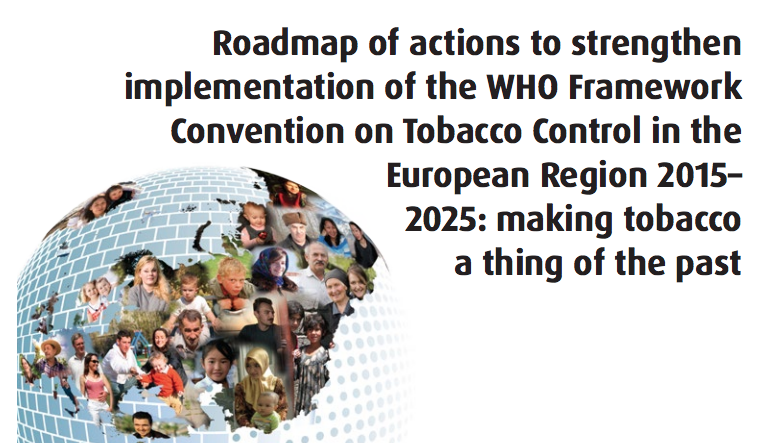 |
The WHO Regional Office for Europe, together with the Convention Secretariat of the WHO Framework Convention on Tobacco Control (FCTC), plans to hold the the annual European regional meeting on implementation of the WHO FCTC in Heidelberg, Germany, on 30 November – 1 December 2017. The meeting will be funded by the Government of Turkmenistan and the WHO FCTC 2030 project.
This will be the second regional gathering since the Roadmap of actions to strengthen implementation of the WHO FCTC in the European Region 2015–2025 was adopted by 53 Member States at the 65th session of the WHO Regional Committee for Europe held in Vilnius, Lithuania, in September 2015.
The aims of the meeting are to share the latest developments in tobacco control in countries in the Region and to discuss the best ways to reach the global targets set out in the Global Monitoring Framework on noncommunicable diseases and the Sustainable Development Goals (SDGs).
ENSP President Francisco Lozano will attend the meeting representing the Network.
Read more...
|
|
|
|
WHO Europe Tobacco Control Playbook
|
|
|
WHO's Tobacco Control Playbook developed by its Regional Office for Europe aims to provide a single source of information explaining how tobacco industry players proactively misinform the general public, and offers governments as well as the public health community clear evidence-based responses to their deceptive arguments.
|
|
|
|
|
To disseminate this important work carried out by WHO Europe,
the Network features key arguments from the Playbook of relevance to ENSP members and stakeholders in the tobacco control community. In this edition, read about how Tobacco Industry tries undermining regulations of the sector by arguing that any action on smoking is just a start or a testing ground and the model for further action and restrictions, and uses a deceptive term "nanny state" to describe the governments adopting appropriate and evidence-based control measures.
|
|
|
Is action on smoking the first step on a slippery slope?
Key Message:
"
Tobacco is uniquely harmful, requiring unique approaches. There are some similarities with other preventable health problems and harmful behaviours, but also differences. Action on tobacco recommended by health authorities is evidence-based, proportionate to the magnitude of the problem and will prevent millions of unnecessary deaths."
|
|
The tobacco industry and its allies claim that action on smoking is the first step on a slippery slope that will affect many other products, industries and behaviours. In reality, it is simply untrue to claim that tobacco control is part of a broader anti-industry push. Tobacco is the only product which, when used precisely as intended, kills half of its consumers, and this fact provides sufficient reasoning for its unique strict regulation.
Key messages summarising the facts to counter the TC's "slippery slope" argument:
-
Tobacco is uniquely harmful, requiring unique approaches.
-
There are some similarities with other preventable health problems and harmful behaviours, but also differences.
-
Action recommended by health authorities is evidence-based, proportionate to the magnitude of the problem and will prevent millions of unnecessary deaths.
-
There is no prohibitionist, anti-industry agenda. Any such claims are fabrications.
Read more in the WHO Tobacco Control Playbook.
|
|
|
| |
| |
|
|
